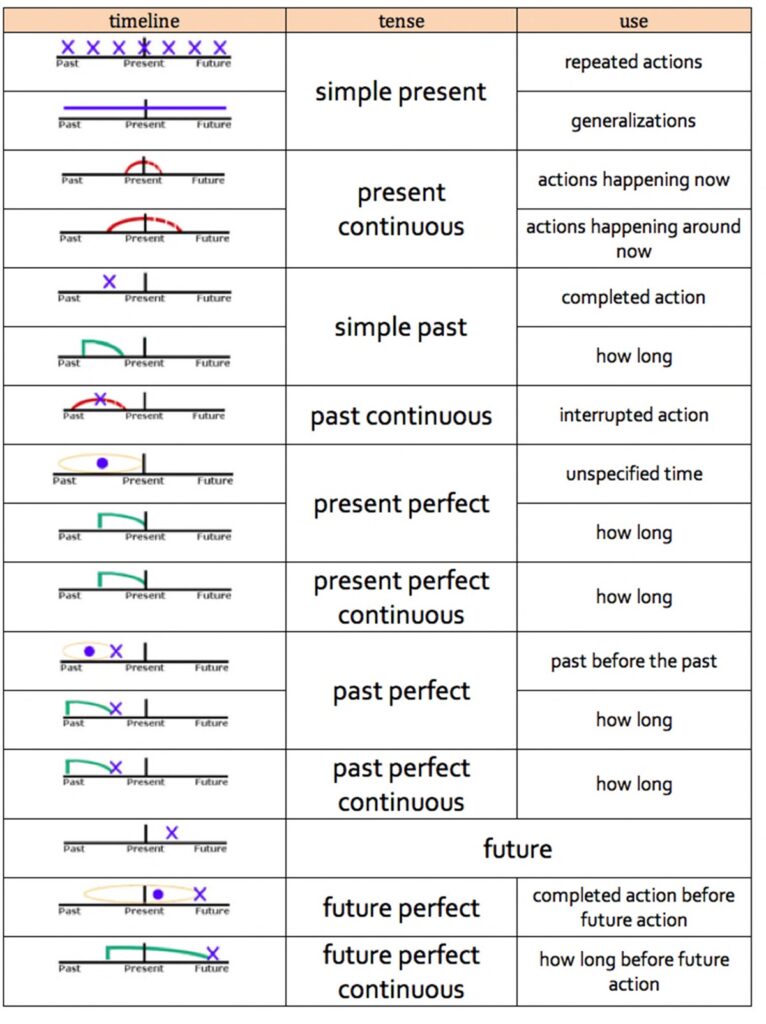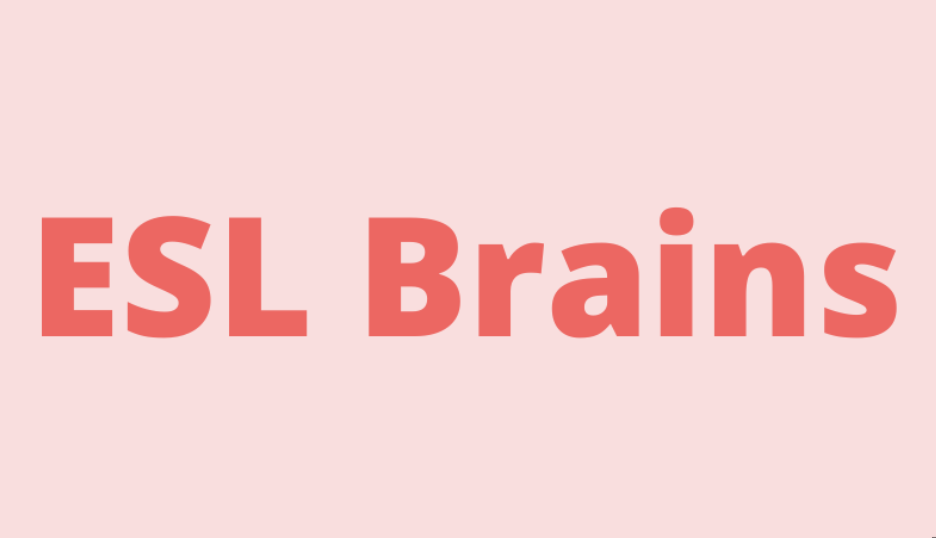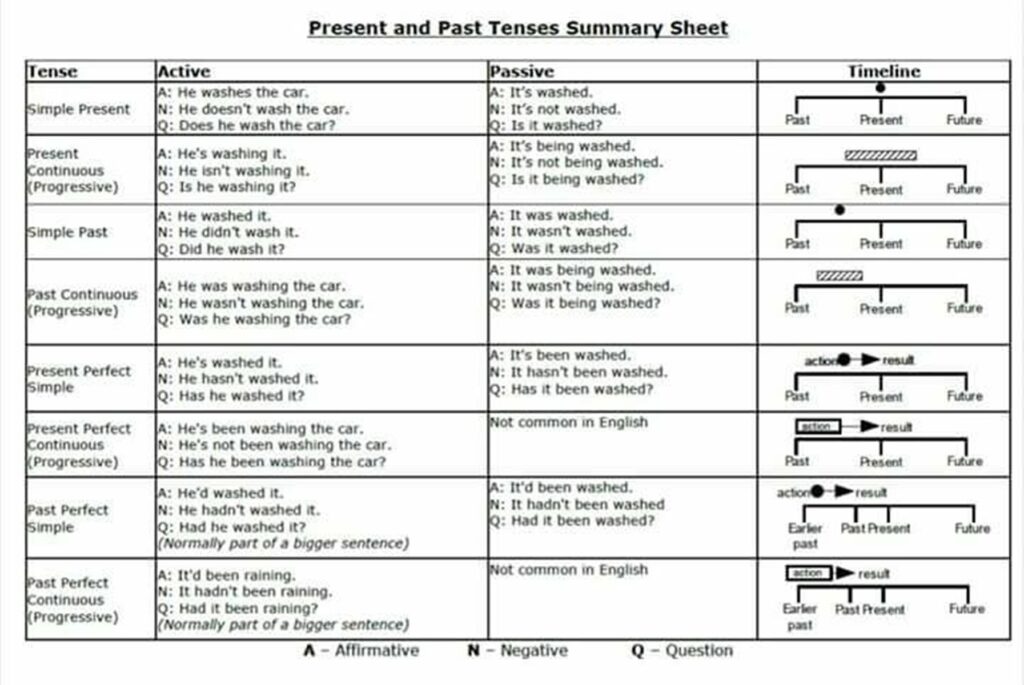Lets Learn English Through Song
Verb Tenses
This is a fun way to learn present tense, past tense, past perfect tense and future tense all in the same structured songs. This can be done when describing everyday habits.
Press Play Button ! Listen for the words missing.
I will email all the songs and worksheets to you FREE.
PRESENT TENSE
I __________ __________ ___ at 6.30 and _______ ___ out of bed
I ________ a shower and _______ of the day ahead.
PAST TENSE
I _________ ____ at 6.30 and ________ ____ out of bed
I ______ a shower and _________ of the day ahead.
FUTURE TENSE
I’ ___ ________ ___ ________ ____ at 6.30 and I’___ ______ ____ out of bed
I’___ _______ a shower and I’___ _________ ____ ________ of the day ahead.
PAST PERFECT TENSE
I’__ _________ ____ at 6.30 and I’__ ________ _____ out of bed
I’___ ______ a shower and I’___ _________ of the day ahead.
GO HERE for my FREE Language Songs and Worksheets. I send them to you after the Spelling Sounds Song.
ESL LESSON Everyday Habits Across Verb Tenses
1. Warm-Up (5 minutes)
Ask students:
-
“What are some things you do every day?”
-
Write answers on the board: wake up, eat breakfast, check phone, go to work, cook dinner, etc.
These actions will be used throughout the lesson.
2. Tense Review With Everyday Habits
A. Present Simple – habits now
Form: Subject + base verb
Use: Daily routines, general habits
Examples:
-
I wake up early every day.
-
She eats breakfast at home.
-
They walk to work.
Practice Prompt:
➡️ Tell me 3 habits you do every day.
B. Past Simple – habits in the past
Form: Subject + verb (past form)
Use: Past routines, things you used to do before
Examples:
-
I walked to school when I was a child.
-
He played video games every evening.
-
We ate dinner together every night.
Practice Prompt:
➡️ What habits did you have when you were younger?
C. Past Perfect – a habit that happened before another past event
Form: had + past participle
Use: To show which action came first
Examples (with everyday routines):
-
I had already eaten breakfast when my friend called.
-
She had left the house before the rain started.
-
They had cleaned the kitchen before they cooked dinner.
Practice Prompt:
➡️ Describe a morning where one event happened before another.
(Example: Before I left the house, I had…)
GO HERE for my FREE Language Songs and Worksheets. I send them to you after the Spelling Sounds Song.
D. Future (Will / Going to) – future habits or routines
Will – decisions, predictions
-
I think I will start exercising every day.
-
He will probably cook dinner more often.
Going to – planned routines
-
I’m going to drink less coffee.
-
We’re going to start waking up earlier.
Practice Prompt:
➡️ What new habits will you start in the future?
➡️ What habits are you going to change next year?
3. Guided Practice (Short Activities)
Activity 1: Timeline Sorting
Give students sentences and they must place them in the correct category:
-
Present habit
-
Past habit
-
Past-before-past
-
Future habit
Example sentences:
-
I brush my teeth every night.
-
I had eaten breakfast before I left the house.
-
I walked to school when I was 10.
-
I’m going to read every night.
Activity 2: Habit Story Builder
Students create a mini story using all four tenses.
Model:
-
Present: I wake up early every morning.
-
Past: When I was a teenager, I woke up late.
-
Past Perfect: Before I started university, I had never woken up before 8.
-
Future: Next year I’m going to wake up at 5 to exercise.
4. Speaking Practice (Pair Work)
Provide these conversation questions:
-
What’s one habit you have now that you didn’t have in the past?
-
What habit had you already learned before you started school/work?
-
What habit will you try to improve next year?
-
Did you have different habits when you were a child?
5. Short Quiz (5 Questions)
-
I ______ (wake up) at 7 every day.
-
When I was younger, I ______ (walk) to school.
-
I had already ______ (eat) breakfast before the meeting started.
-
Next month I am ______ (start) a new exercise routine.
-
I think I ______ (cook) dinner more often.
Answers:
-
wake up
-
walked
-
eaten
-
going to start
-
will cook
GO HERE for my FREE Language Songs and Worksheets. I send them to you after the Spelling Sounds Song.
6. Homework Option
Write 8 sentences about your habits using all four tenses:
-
2 present simple
-
2 past simple
-
2 past perfect
-
2 future (will / going to)




